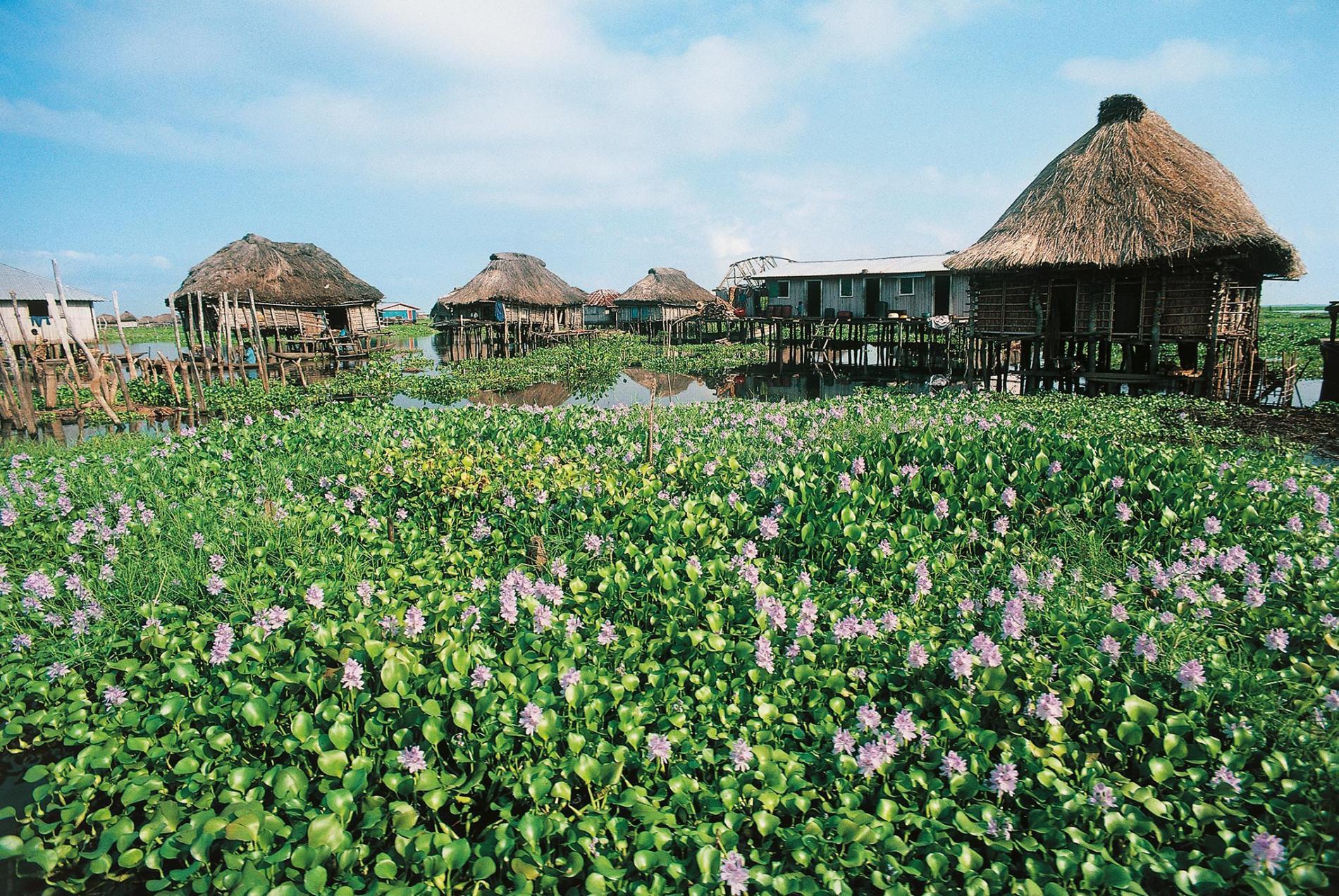Benin is a coastal country located in West Africa between Togo and Nigeria. Prior to colonialism, the country consisted of powerful and independent kingdoms including various Bariba kingdoms in the north, and the Porto-Novo and Dahomey (Dan-ho-me) kingdoms in the south. The population consists of a variety of ethnicities including the Fon; who make up two-fifths of the population and mainly reside on Cotonou (the capital). The Yoruba people here are related to the Yoruba of Nigeria and live mainly in southeastern region constituting about one-eighth of the total population. The Goun (Gun) and various Adja people including the Aizo, Holi, and Mina are so intermixed in the south, they are hardly distinguishable from one another. And lastly, the Bariba, Somba, Dendi, Pila, Yoa-Lokpa, and the nomadic Fulani are the remaining ethnicities who have resided in northern Benin for at least the last few centuries.
Being a former French colony from 1872 – 1960 (when the country gained independence) French is the official language of instruction, yet, each ethnic group communicates in their own language. The Portuguese were the first foreigners to establish trading posts and were soon followed by the English, Dutch, and French. Over time, the coast developed into the largest slave trading center in Africa and as trade increased in volume (roughly 10-20,000 slaves shipped off per day), this center became known as the slave coast. Approximately 55 languages in total are spoken, 50 of which are indigenous to the land.
Benin, named after the body of water it lies on called the ‘Bight of Benin’, was formerly known as Dahomey. Dahomey means “on the belly of Dan” and refers to Dan the rival king on whose grave the royal compound was built. Benin towns exhibit traditional African, European, and modern influences, however, colonial European architecture dominates. The country is an amazing addition to any West African itinerary and here you will find an array of fascinating sights, such as the town of Lake Nokoué which consists of villages built entirely on stilts, palace and temple ruins dating back to the kingdom of Dahomey, and an open-air market for every town in the country. Benin is also the origin of Vodou and the only country in the world where it is an official religion!
Although not from present-day Benin, perhaps the most renowned artifacts from the Benin kingdom are the Benin Bronzes. These artifacts are plaques and sculptures that once decorated the royal palace in what is now present-day Nigeria and depicted renditions of noble warriors, kings, and interactions with the Portuguese.
Check out Benin tours here!


